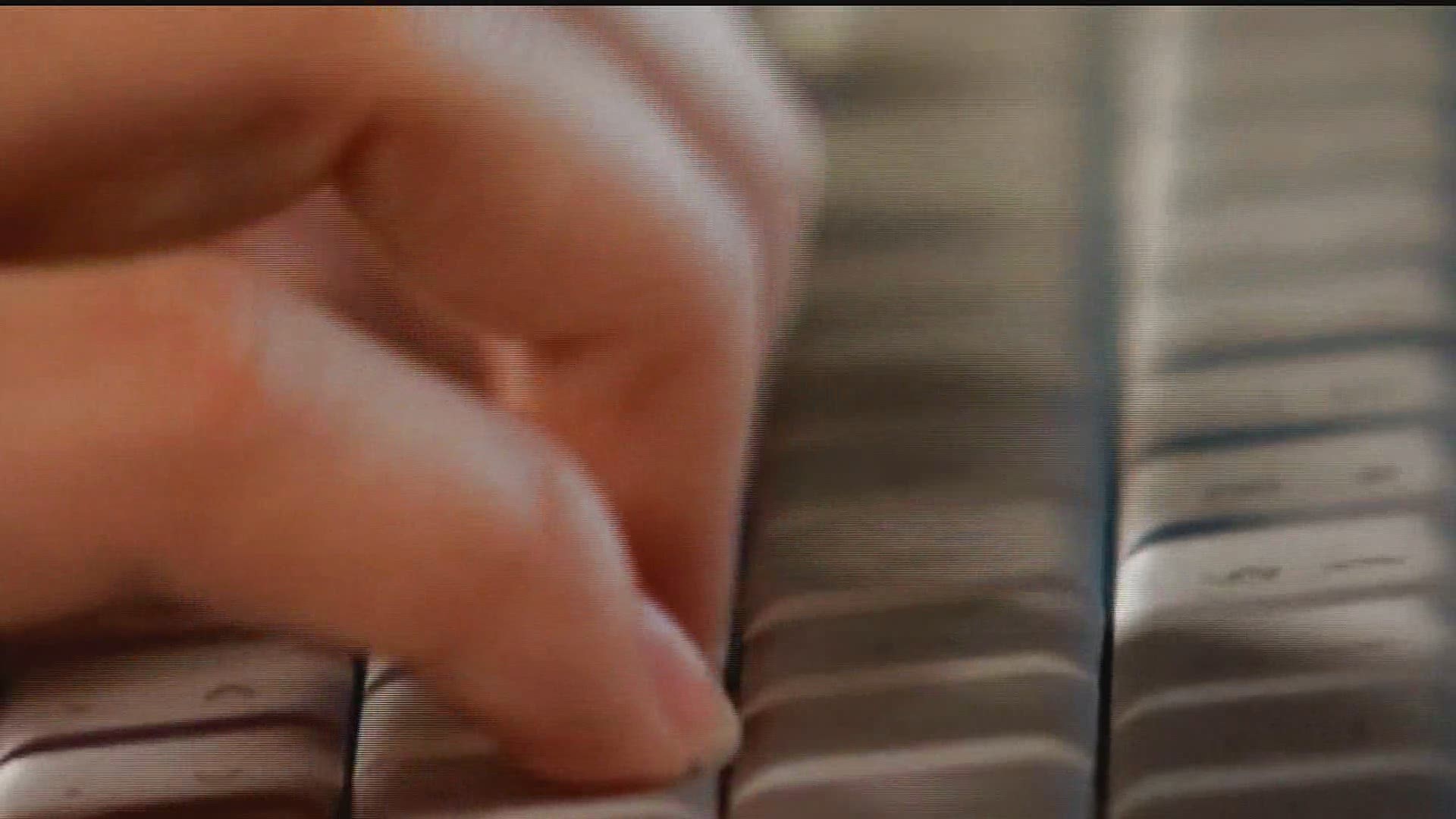HARRISBURG, Pa. — Every county in Pennsylvania has been impacted by the coronavirus. Many people are wondering, what happens next?
Thousands of research groups are focusing on how to contain and mitigate the spread of COVID-19. A research team from Harrisburg University of Science and Technology is looking at what happens afterwards—the lasting impacts on our economy, our culture, and our society.
“The decision makers have stated that the only true way to really fight COVID-19 is through data analysis,” said Professor Ron Jones, Cybersecurity Instructor for HU’s Computer Information Sciences (CISC) Program.
The HU Research Team consists of four professors and several CISC graduate students. The team is mining coronavirus data from hospitals, government agencies, companies, and other universities to determine the peripheral impacts of the virus.
Students are divided into two research groups: Data Mining (520DME) and Big Data Architectures (525BDA). The students assist in building data infrastructures and in the development of efficient algorithms to discover hidden patterns.
"Once you defeat the virus, that's not the end of the story," stated Jones. "You have all these major economic problems going up. So, how is that going to affect you? How does that affect the crime rate? What kind of crime? Who is going to be the target of it?"
These are the HU Research Tracks:
1. COVID-19 Infection vs. Non-infection, Classification Modelling
- Some of this collected data includes behaviors of non-infected groups of people versus infected groups of people, who they are, age groups, and where they live. Unique characteristics can be extracted from this data to determine the coronavirus impacts on cultures and societies.
2. Building International Smart Dataset COVID-19
- This will give research groups around the world access to their collection of data on the periphery of COVID-19.
3. Black Market Economy after COVID-19
- This collected data will look at the extent of the black market created by the coronavirus. "People are hoarding. People are selling masks, and other kinds of stuff, at extreme prices. This is your black market economy," explained Jones.
The CISC graduate students are stationed all over the country, working as a virtual research team to give us a 360-view of the COVID-19 environment.
Jones said, “You’re getting people from all over the country with their different perspective on how COVID-19 is impacting their area, their personal lives, their economy.”
The HU Research Team will continue their work until the end of the year. To learn more about the program, click here.

